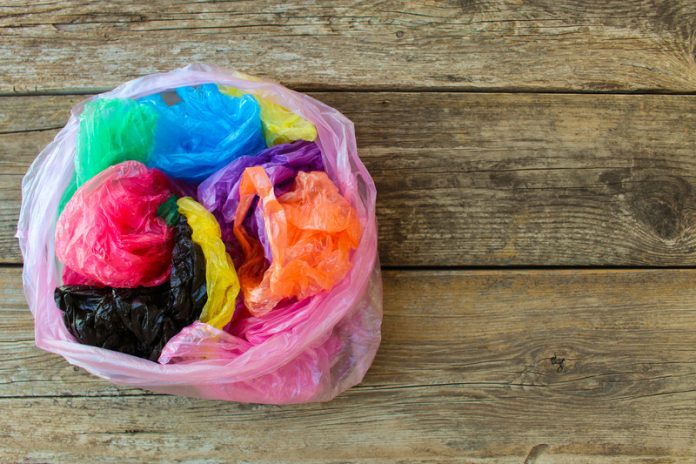Omega Plastics explain the rise of reusable products in the UK changes and what small changes we can make in this vein
Hearing about the importance of reusable products in the headlines is nothing new. After the national charge of 5p for carrier bags was introduced in 2015, we all started to become more aware of what we can do to reduce our waste output. Results from the scheme have been successful — the number of new carrier bags used has gone down by more than 80% in England and over the next 10 years the government expects carbon savings to reach £13 million. So, what else can we do to help the reusable product movement?
Drinking cups
You’ve probably heard of the ‘latte levy’. If you haven’t, it’s the 25p charge on top of the price of a hot drink sold in a disposable cup that was proposed by MPs on the environmental audit committee. Unfortunately, the UK government decided not to introduce the tax, instead relying on voluntary action from retailers and eco-consciousness from the population.
The concept is still certainly something worth talking about. There are half a million coffee cups that are littered each day and the UK is set to throw away a third more by 2030. When it comes to your hot drink habits, what can you do to reduce your waste?
The most obvious suggestion is to purchase your own disposable cup. The ‘Pokito’ is one innovation which can be simply adjusted to match the size of the user’s drink, collapsed for portability and easily stored. Invented and designed by Andrew Brooks, the product then went on to be ethically manufactured by Omega Plastics, who have heavily invested in eco-friendly injection moulding machinery.
People are catching onto the reusable cup trend. Argos sold 537% more portable cups year-on-year in December 2017, while John Lewis said that the week before Christmas 2017 was their biggest ever for sales of travel cups. There are incentives in place to encourage you to purchase your own disposable cup too. Customers who bring reusable cups to sandwich shop chain, Pret a Manger, are provided with a 50p discount on hot drinks and there is a similar scheme in place at bakery chain Greggs.
It’s not just cups that have been stirring up a discussion either; straws are also in the firing line. In fact, it is estimated that the UK and US alone go through around 550 million plastic straws every day, each one taking hundreds of years to break down. Major pub chain JD Wetherspoon got on board to address the issue when they announced that from January 2018, they would no longer be providing customers with single-use plastic straws.
You can make your own changes at home too. Stainless steel drinking straws are available (each one comes with its own handy cleaning brush) and although they might not be as flexible, they’re certainly better for the environment.
Excessive wrapping
When it comes to wrapping products and foodstuffs, we seem to get a little carried away. There is so much packaging on some products that customers are reporting ‘wrap rage’. It’s not just frustrating; it’s wasteful and to an extent, avoidable.
Part of the changes you make can be simply being more aware. Perhaps that half-eaten fruit that’s wrapped in cling-film could be put in a plastic container instead. Or, the sandwich bag used for lunch could be used again tomorrow instead of heading straight in the bin.
Consider investing in reusable sandwich bags. These have been specially designed so that they are simple to wash and long-lasting. For children’s food products there is an innovation called ‘Nutripouch’ where parents can create pureed food and insert it into a washable pouch.
A similar issue comes with gift-wrapping. Although we love opening presents, it is wasteful and contributes to the 5 million tonnes of paper that the UK sends to landfill each year. This is made especially problematic when we consider that the paper is hard to recycle — it’s often dyed and laminated and contains non-paper additives such as glitter and sticky tape. Instead, consider wrapping gifts in material or brown paper which is easier to recycle.
From purchasing your own disposable cup to investing in reusable sandwich bags, the changes that you make in your day-to-day life don’t have to be huge to make a difference. You might find that you’ll be rewarded too — whether this is in the form of a 50p discounted drink, or in the small savings you make as you buy less packaging.
References
http://www.wragwrap.com/wrapping-paper-facts/
https://resource.co/article/uk-coffee-cup-waste-rise-third-2030-12483
https://inews.co.uk/news/environment/ban-plastic-straws-across-uk-says-snp-msp/











